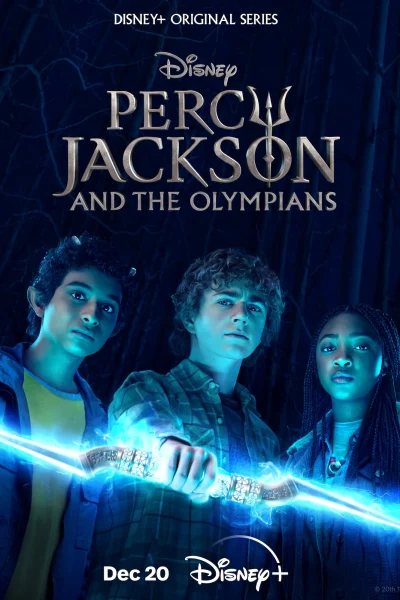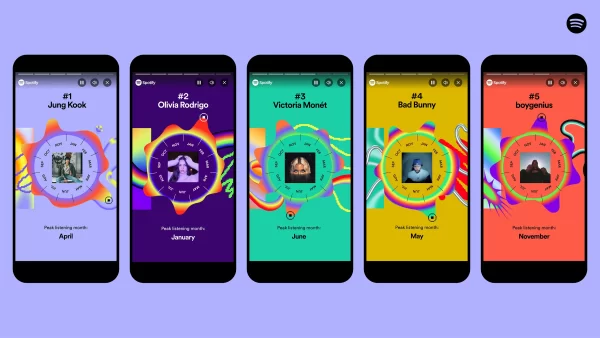“The Little Mermaid:” A response to backlash

June 12, 2023
As The Little Mermaid with Halle Bailey 2023 has begun showing in theaters, the controversies regarding the cast (mainly from racist sources) have continued. The depiction of Black people that stemmed from the history of colonial oppression is related to growing colorism in America. A significant reason for the extensive amount of hate surrounding 2023’s The Little Mermaid live-action movie is drawn from the fact that the little mermaid was originally depicted as white.
Although this point shouldn’t be used because of its racist undertones, it is still important we address it correlates with colorism in America, and its origins. The idea of colorism can be said to be of more recent times, or at least addressed more recently, while there are still other more distinctive or aggressive acts of racism that exist as well. The 1980s, when the phrase was coined, is modern, yet still has to do with the ongoing impact of colonialism in the U.S. Additionally, it’s incredibly hard to ignore the new entertainment-based society we live in with devised at our fingertips and the ability to access information whether true, or false, in seconds. With access to widespread commentary behind The Little Mermaid remake enforces the racist ideological background previously assumed.
It is hard to deny that race plays a great factor in much of the backlash. More positive feedback, however, has come in the form of children reacting to clips from the movie and finding a sense of resonation with the Black lead. The argument for Black representation is seamlessly devised by the author throughout this article. It ultimately emphasizes the remainder of identity, colorism, and most important in this case: representation of mixed women in the media. This buzz of information present in the media centered around the new “Little Mermaid” covers the general consensus of this film represented across social media like TikTok, Instagram, and Twitter, capturing the public’s negative and positive reactions to the film. Not only does this prove the endurance of unjustified prejudice overtime, but also an effort to move towards societal change.









